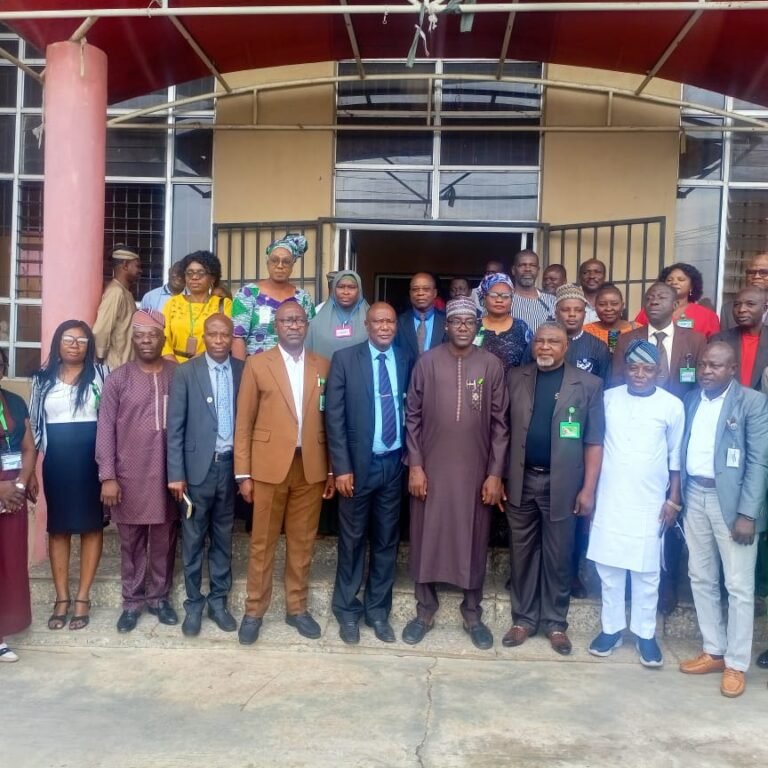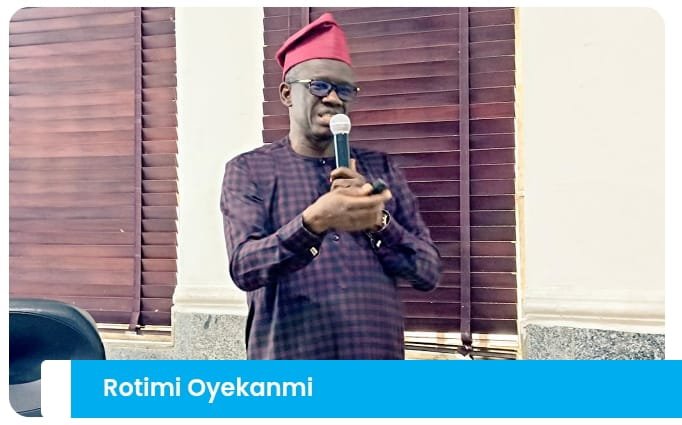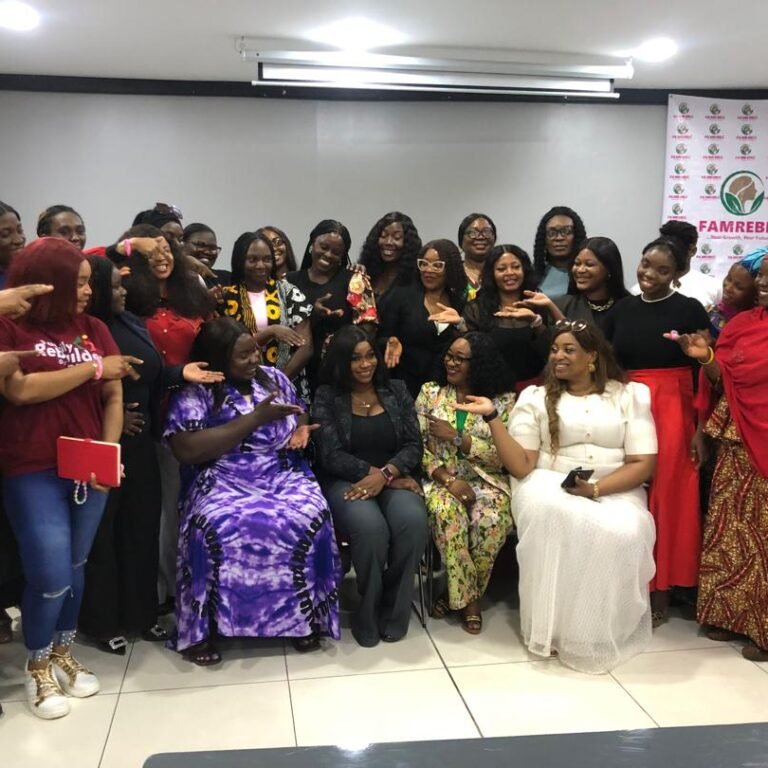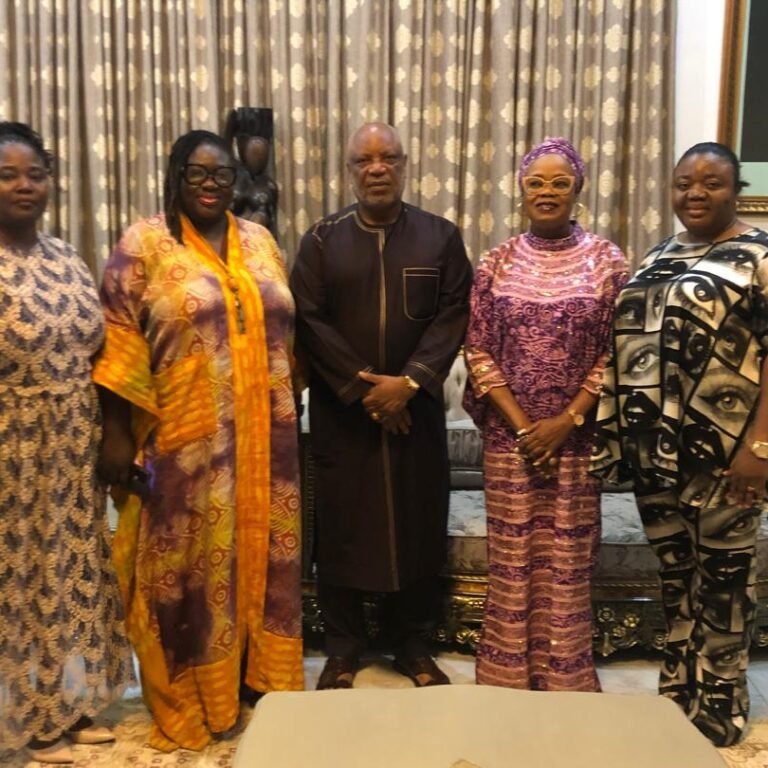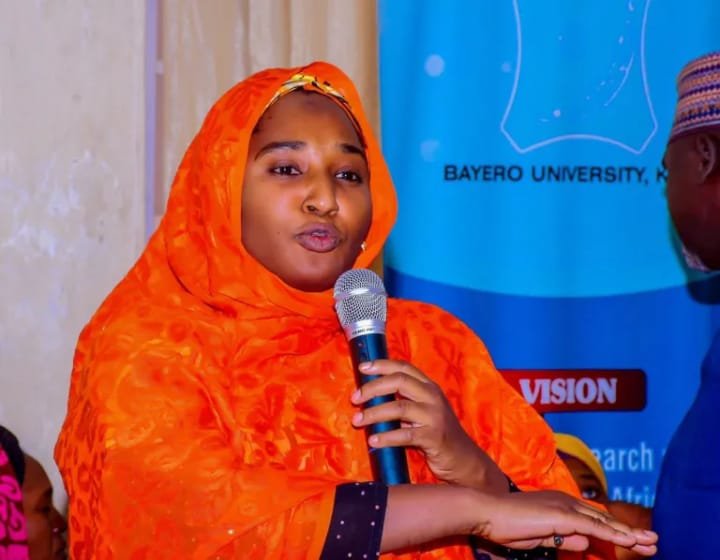
Ihotu Uriel
Abuja, Nigeria — The Federal Government has restated its determination to combat illiteracy and expand inclusive learning opportunities, particularly by leveraging digital platforms.
Minister of State for Education, Prof. Suwaiba Ahmad, made this known in Abuja on Monday during a ministerial briefing to mark the 2025 International Literacy Day (ILD) themed “Promoting Literacy in a Digital Era.”
Ahmad described literacy as the foundation of national development, noting that under the Renewed Hope Agenda of President Bola Tinubu, government is taking bold measures to ensure that more Nigerians gain access to literacy opportunities.
“Today marks the 58th International Literacy Day, a reminder of the power of words, the strength of knowledge, and the promise of opportunity,” the minister said.
She disclosed that the ministry is currently conducting a comprehensive mapping exercise to identify out-of-school children and non-literate adults nationwide. The data, she explained, will be used to enroll millions in literacy program that are relevant, inclusive, and empowering.
Highlighting Nigeria’s embrace of digital learning, Ahmad said mobile platforms, radio and television program, and global literacy models such as Cuba’s “Yes, I Can” are being adapted to local contexts. These initiatives, she added, are designed to reach learners in urban centres, rural communities, Internally Displaced Persons (IDP) camps, and remote areas.
The minister reaffirmed Nigeria’s commitment to achieving Sustainable Development Goal (SDG) 4.6, which seeks to ensure that all youth and a significant proportion of adults achieve literacy and numeracy by 2030.
> “We are training facilitators, developing culturally relevant materials, and building community learning centers. But more than that, we are building hope hope that every Nigerian, regardless of age or background, can learn, grow, and thrive,” she said.
She further called on development partners, civil society groups, traditional rulers, and the private sector to support government efforts, stressing that literacy is a shared responsibility.
UNESCO, NMEC Pledge Support
Also speaking, Oladeji Adeyemi, Acting Head of Education at UNESCO, described literacy as a fundamental human right and a driver of sustainable development, peace, and inclusion.
He commended the Nigeria Education Sector Renewal Initiative (NESRI) for prioritizing the reduction of out-of-school children and pledged UNESCO’s continued support in teacher training, skills development, and media and information literacy.
> “Literacy today is not only about reading and writing on paper; it is about equipping citizens to thrive in a digital-driven world,” Adeyemi said.
In his remarks, Dr. John Onimisi, Acting Executive Secretary of the National Commission for Mass Literacy, Adult and Non-Formal Education (NMEC), revealed that the commission has surpassed its enrolment target in the Federal Capital Territory.
NMEC had initially aimed to enroll 3,876 youths and adults into literacy and empowerment program in Abuja Municipal Area Council. However, more than 27,000 learners have already been reached in communities including Apo Mechanic Village, Lugbe, Gwarinpa, Kubwa Village, Mararaba, Kurudu, and Gwagwalada.
Onimisi announced plans to expand the initiative to 377 local government areas across Nigeria’s 36 states and the FCT, using 17 community learning centers to reach thousands more.




